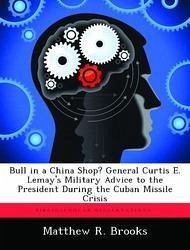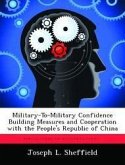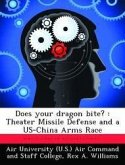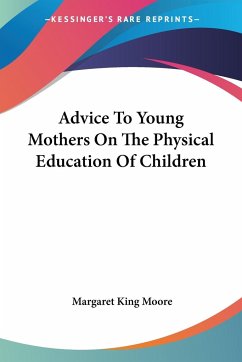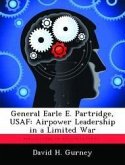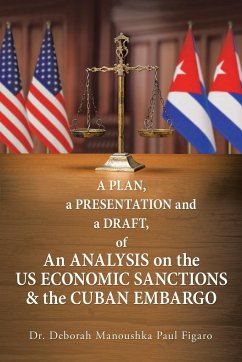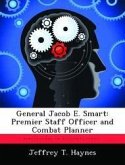On 19 October 1962, three days after he learned that the Soviet Union was positioning offensive ballistic missiles in Cuba, President John F. Kennedy met with his Joint Chiefs of Staff to hear their recommendations on ways to resolve the emerging crisis. Consistent with popular belief, the most outspoken member of the joint chiefs in advocating aggressive action was General Curtis E. LeMay, Air Force chief of staff. This thesis examines the personal experiences and organizational factors which influenced General LeMay's advice to the president during this crucial time in American history, and relates the role the chief of staff's recommendation played as the crisis unfolded. Beginning with his assignment as Army Air Forces Deputy Chief of Staff for Research and Development, and culminating as Air Force chief of staff, General LeMay's experiences taught him the importance of constant vigilance in an uncertain world. The general also observed a Soviet propensity to acquiesce in the face of American resolve, and believed that escalation of a conflict into an all-out war between the two powers was highly unlikely. The organizations around General LeMay also shaped his advice to the president. Tactical Air Command's readiness to execute operations against Cuba, coupled with the Air Staff's ability to support combat organizations in the field bolstered General LeMay's confidence, while the Joint Chiefs of Staff served to encourage the general to think more broadly about the range of military options available to solve the Cuban Missile Crisis. These personal experiences and organizational factors caused the Air Force chief of staff to view the crisis differently than the president.
Hinweis: Dieser Artikel kann nur an eine deutsche Lieferadresse ausgeliefert werden.
Hinweis: Dieser Artikel kann nur an eine deutsche Lieferadresse ausgeliefert werden.

